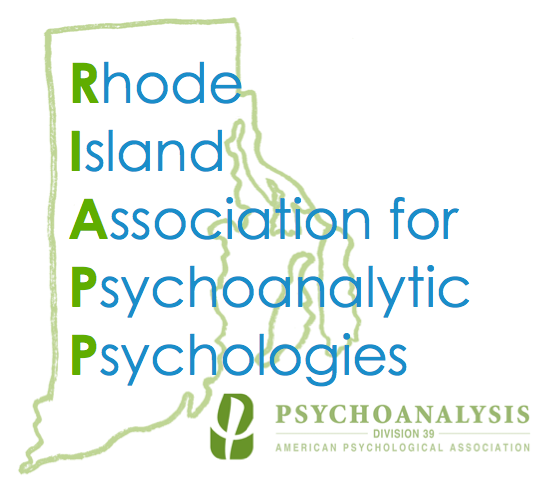Many individuals of color have not only experienced violence and discrimination at the interpersonal level, but also live in communities that are alive with symptoms of trauma, and as a result have an increased likelihood of developing health related problems because of this exposure. Physical violence, or threat of violence leads to trauma, which contributes to poorer health outcomes for those individuals who are impacted. The impact of primary and secondary trauma has been correlated with many medical conditions.
The stark reality of hate in America appears to disproportionately impact individuals who have been historically discriminated against and who have been generationally disenfranchised. Individuals who are a part of these communities deserve access to safe and affirming places to get much needed physical and emotional care. Dr. Bailey’s presentation will explore the intersection of trauma and racism that are experienced by individuals across the life span.
add this event to your calendar by clicking here
Learning Objectives
At the conclusion of this presentation, participants will be able to:
Discuss the impact of racism and oppression in their practice;
Develop increased understanding of racism and discrimination, and the impact that racialized violence has as a form of primary and secondary trauma
Examine the role that an understanding of the concepts of intersectionality, race, gender identity and sexual identity can have in the delivery of effective trauma informed care.
Dr. Gary Bailey is the MSW Program Director at Simmons School of Social Work. He was the Assistant Dean for Community Engagement and Social Justice at the College of Social Sciences, Policy and Practice at Simmons University. He is also a Professor of Practice in Simmons Schools of Social Work and Nursing and Health Sciences. Professor Bailey has devoted his career to sharing his deep knowledge, expertise, and leadership in the fields of Social Work, Public Health, Youth Education, and Affordable Housing.
References:
Smedley, B. D. (2012). The lived experience of race and its health consequences. American Journal of Public Health, 102(5), 933-935.
Hardeman, R., Medina, E.M., Kozhimannil,K B.(1st December 2016 ) Structural Racism and Supporting Black Lives — The Role of Health Professionals. N Engl J Med 2016; 375:2113-2115. Retrieved http://www.nejm.org/doi/full/10.1056/NEJMp1609535#t=article
Bonilla-Silva,E. ( 12th November 2015) The White Racial Innocence Game http://www.racismreview.com/blog/2015/11/12/white-racial-innocence-game/
YW Boston Blog (29th March 2017) What is intersectionality, and what does it have to do with me? Retrieved http://www.ywboston.org/2017/03/what-is-intersectionality-and-what-does-it-have-to-do-with-me/
Eberhardt, J. and Wilkerson, I.(Sept.21,2021) Dayton Literary Peace Prize. Caste, Class, Race and Bias. https://www.youtube.com/watch?v=9tju1kYQ-bc

